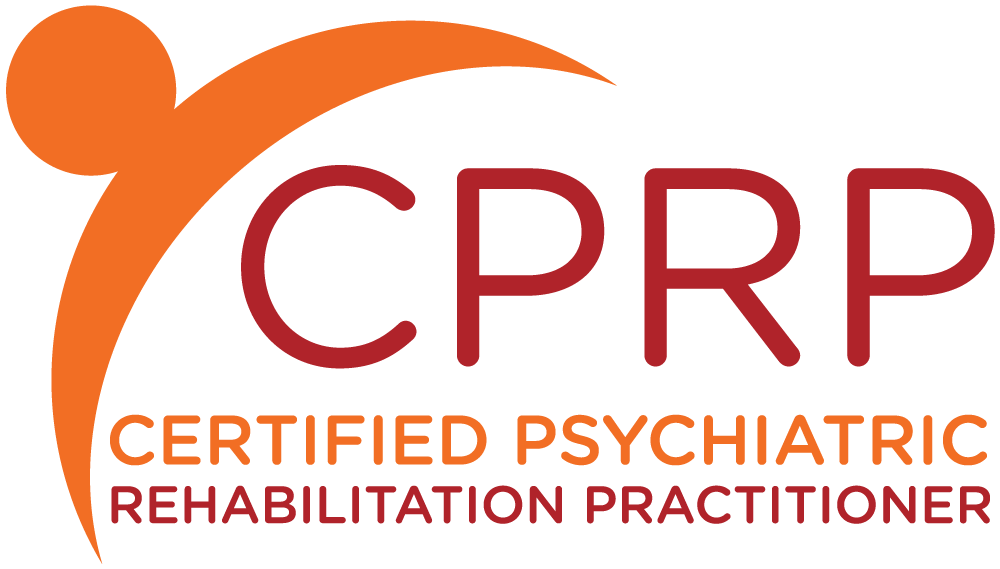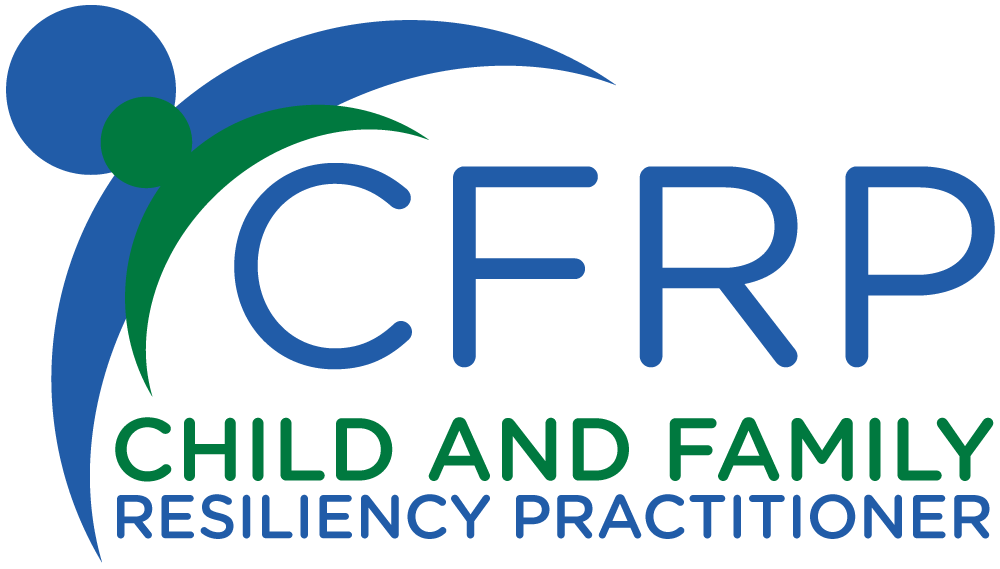Description
Please note that you can purchase all seven course modules as a bundle and a discount HERE.
You must complete Module One of the series before any other module. You can find module one HERE.
Maintaining Independence and Sobriety through Systems Integration, Outreach and Networking (MISSION) is an evidence-based, time-limited, yet flexible, integrated behavioral intervention. MISSION was developed specifically to meet the unique needs of individuals, with co-occurring mental health and substance use disorders (CODs), with versions available for homeless individuals, criminal justice-involved individuals, and military veterans.
Theoretically rooted in the Health Belief Model (HBM), MISSION combines several Evidence-Based Practices (EBP) into a comprehensive system of care to explore and address population specific factors (i.e., criminogenic factors in criminal justice populations), provide COD treatment, and link participants to community-based supports to sustain recovery.
This module presents MISSION Critical Time Intervention (CTI) case management as the foundational core treatment intervention within the MISSION Model of Care. Critical Time Intervention (CTI) is a three-stage intervention (transition to community, tryout, and transfer of care), designed to systematically facilitate linkages to, and improve engagement with, mainstream and community-based treatment providers to help clients maintain sobriety and engage in recovery.
Module Outline
Lesson One: Overview of Critical Time Intervention (CTI)
Lesson Two: Implementing the Three Phases of MISSION CTI
Lesson Three: Roles and Responsibilities of the MISSION Team in Delivering CTI
Lesson Four: MISSION Eligibility, Orientation, Assessment and Treatment Planning
Lesson Five: CTI in the MISSION Home Visit
Lesson Six: CTI Case Study
MISSION Resource Materials
MISSION U Training Modules
Acknowledgements
Course Length
Each module is approximately 120 minutes
Pricing
Members:$60
Nonmembers:$80
Level
Beginner/Intermediate
Course Completion Requirements
In order to complete this course, participants must complete each module and successfully pass quizzes. Upon completion, Certificates will be available to print directly from the site.
Registration and Refund Policy
Your purchase is final. If you have questions please email [email protected] for assistance.
Instructor(s)



David Smelson, Psy.D. Ayorkor Gaba, Psy.D Jenifer Harter, Ph.D
The content for this course were developed by David Smelson, Psy.D., Jenifer Harter, Ph.D., and Ayorkor Gaba, Psy.D. This course also had a development team that included William McIlvane Ph.D., Joanne Kledaras, Charles Hamad Ph.D., Brooks Thompson, and Christophe Gerard. This work was supported by the following grants: NIH/NIAAA R41DA044030-01A1 and R42 AA026751-2 All of the work was done at the University of Massachusetts Chan Medical School and licensed to Psychiatric Rehabilitation Association.

 The Academy of Psychiatric Rehabilitation and Recovery, provider #1975, is approved by the Psychiatric Rehabilitation Association (PRA) to provide continuing education to Certified Psychiatric Rehabilitation Practitioners (CPRPs) and CPRP candidates.
The Academy of Psychiatric Rehabilitation and Recovery, provider #1975, is approved by the Psychiatric Rehabilitation Association (PRA) to provide continuing education to Certified Psychiatric Rehabilitation Practitioners (CPRPs) and CPRP candidates.